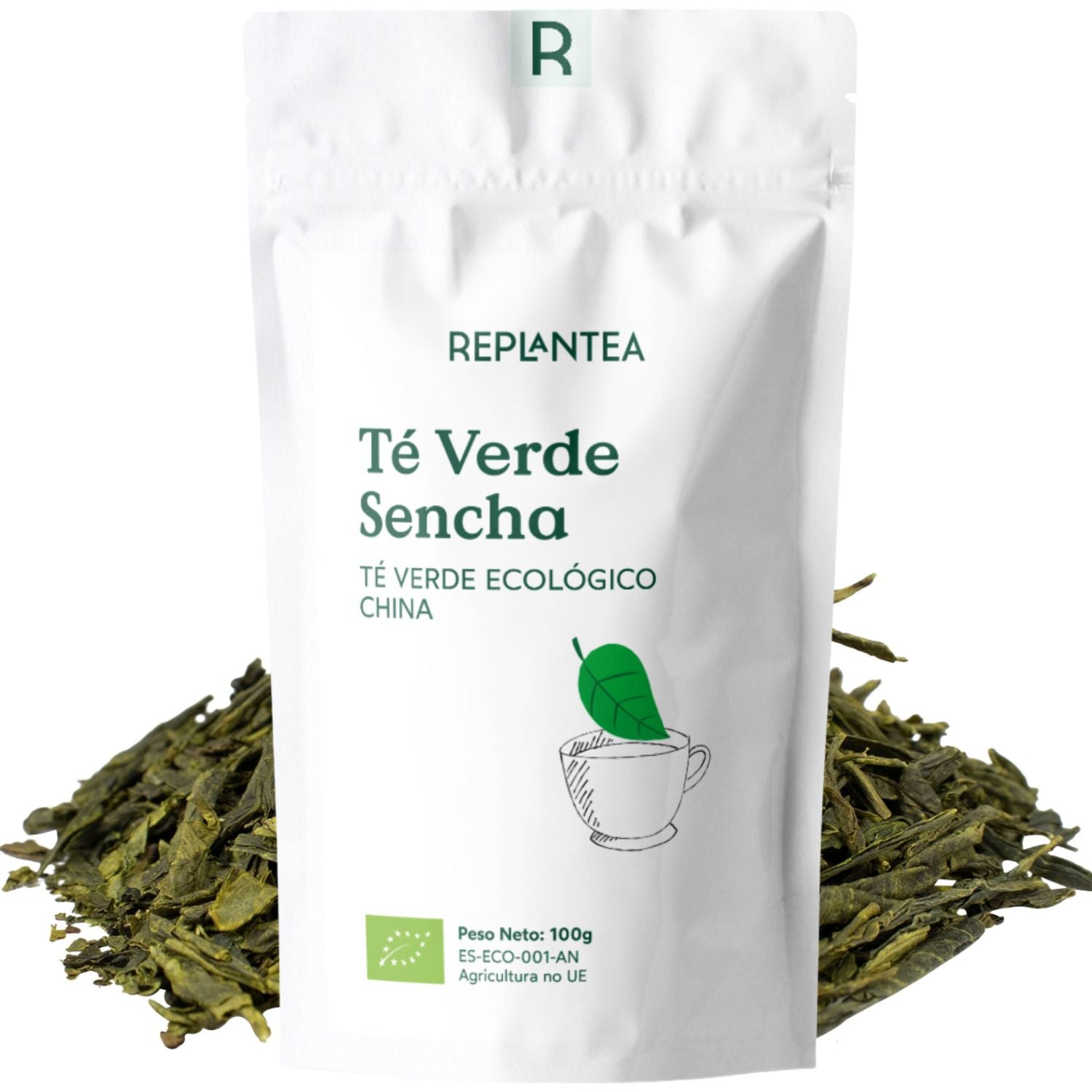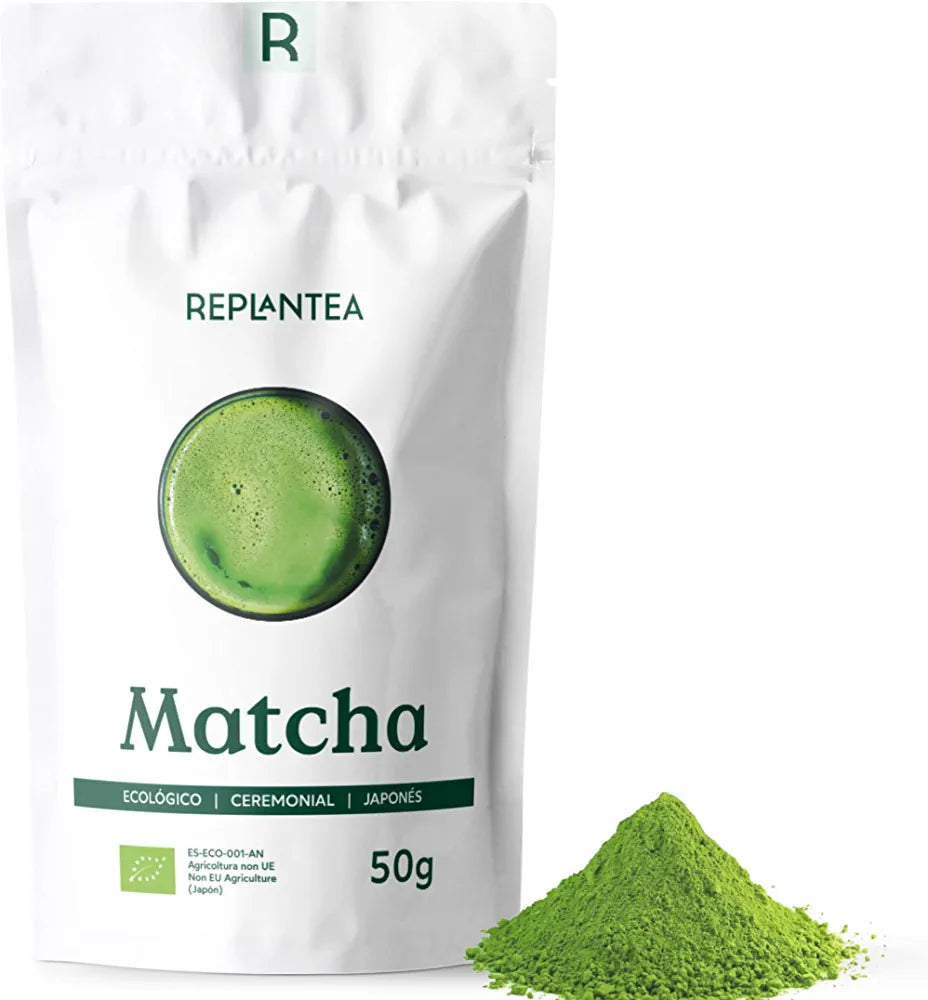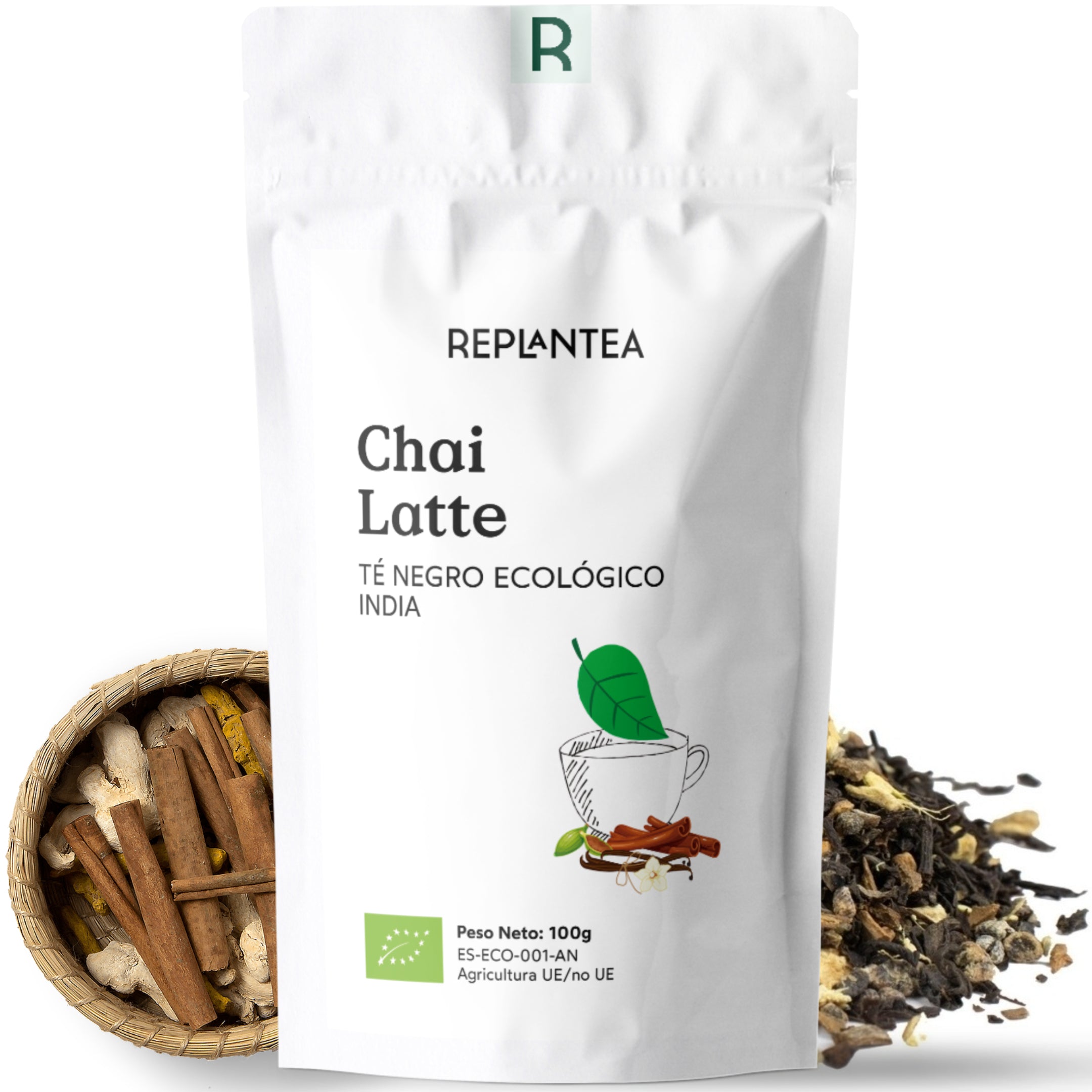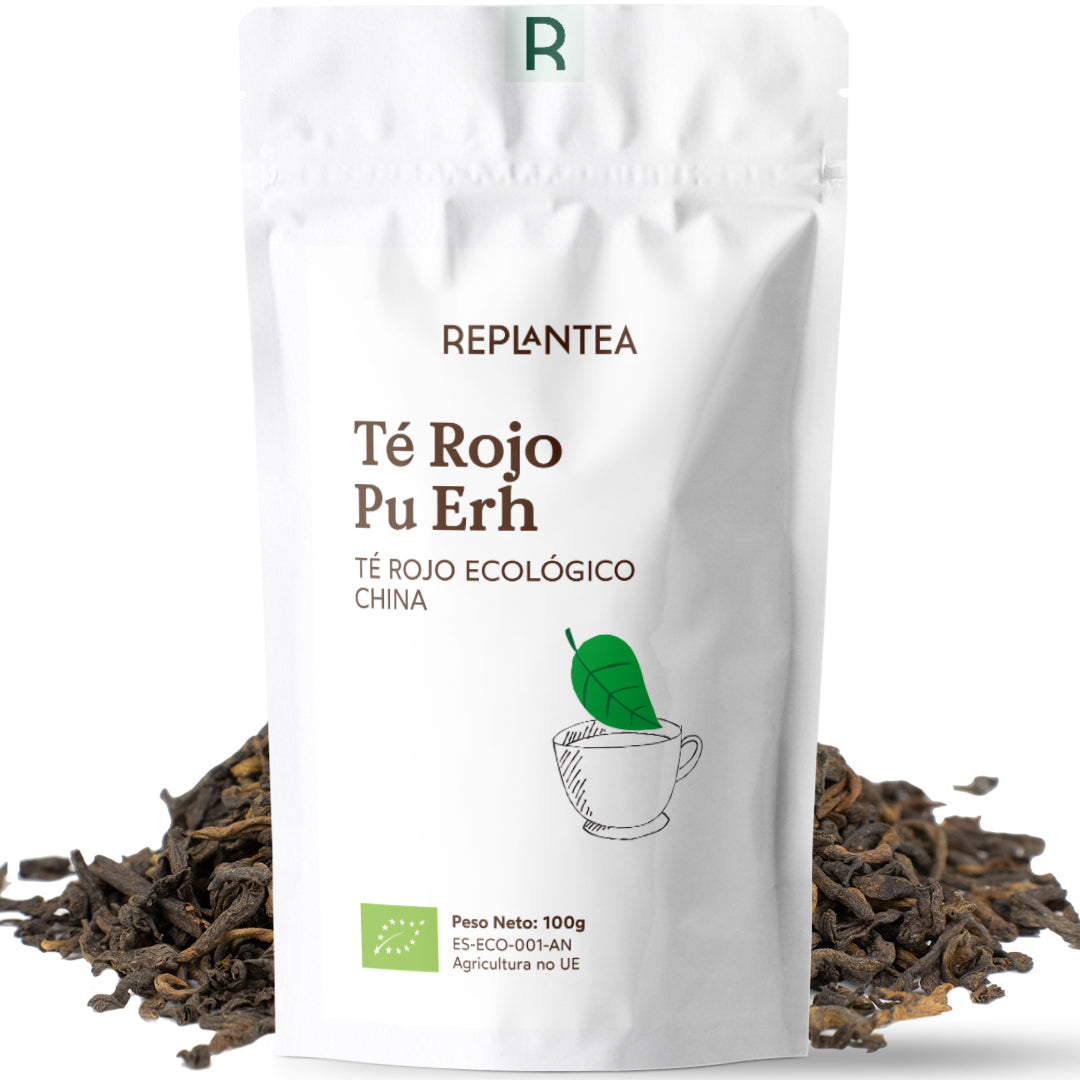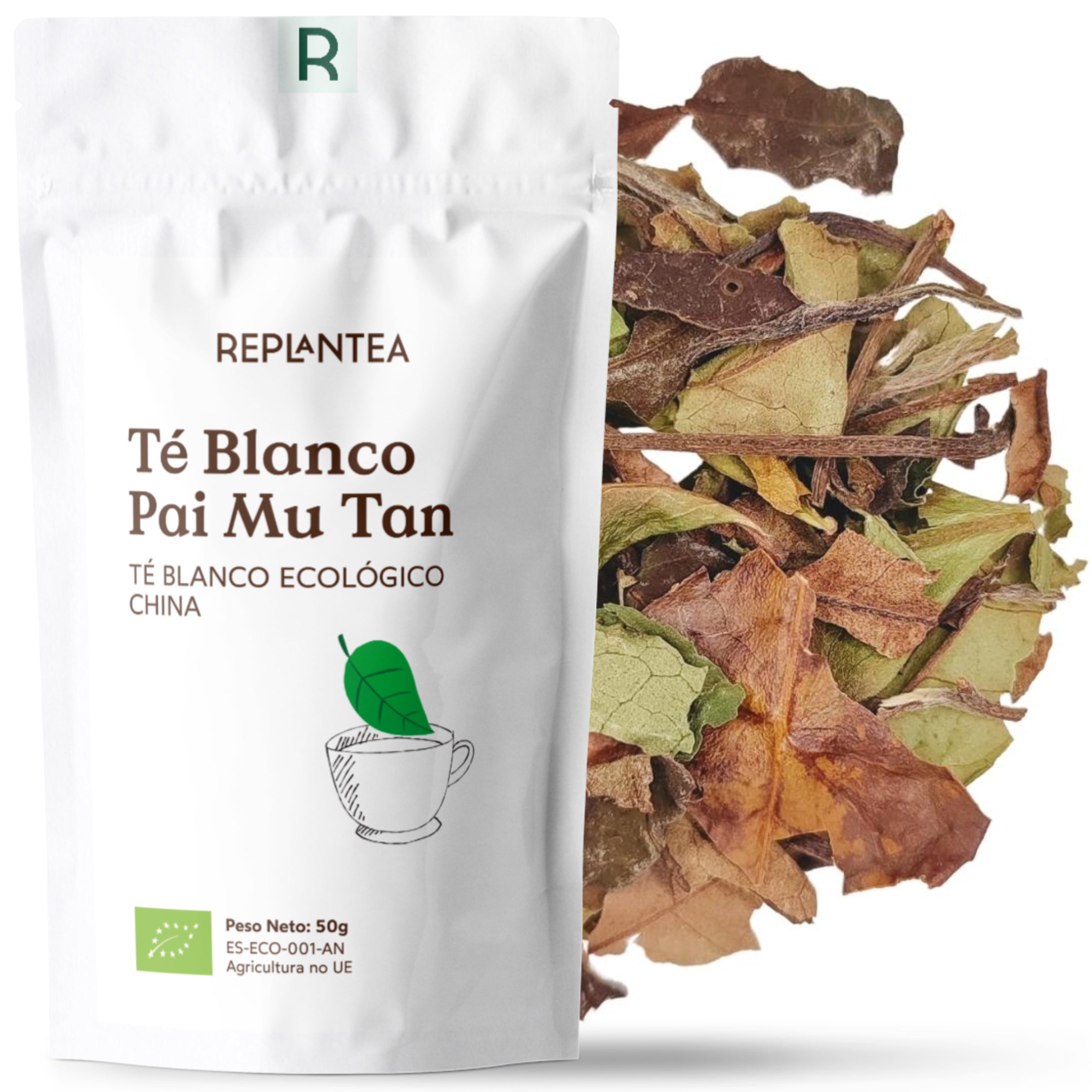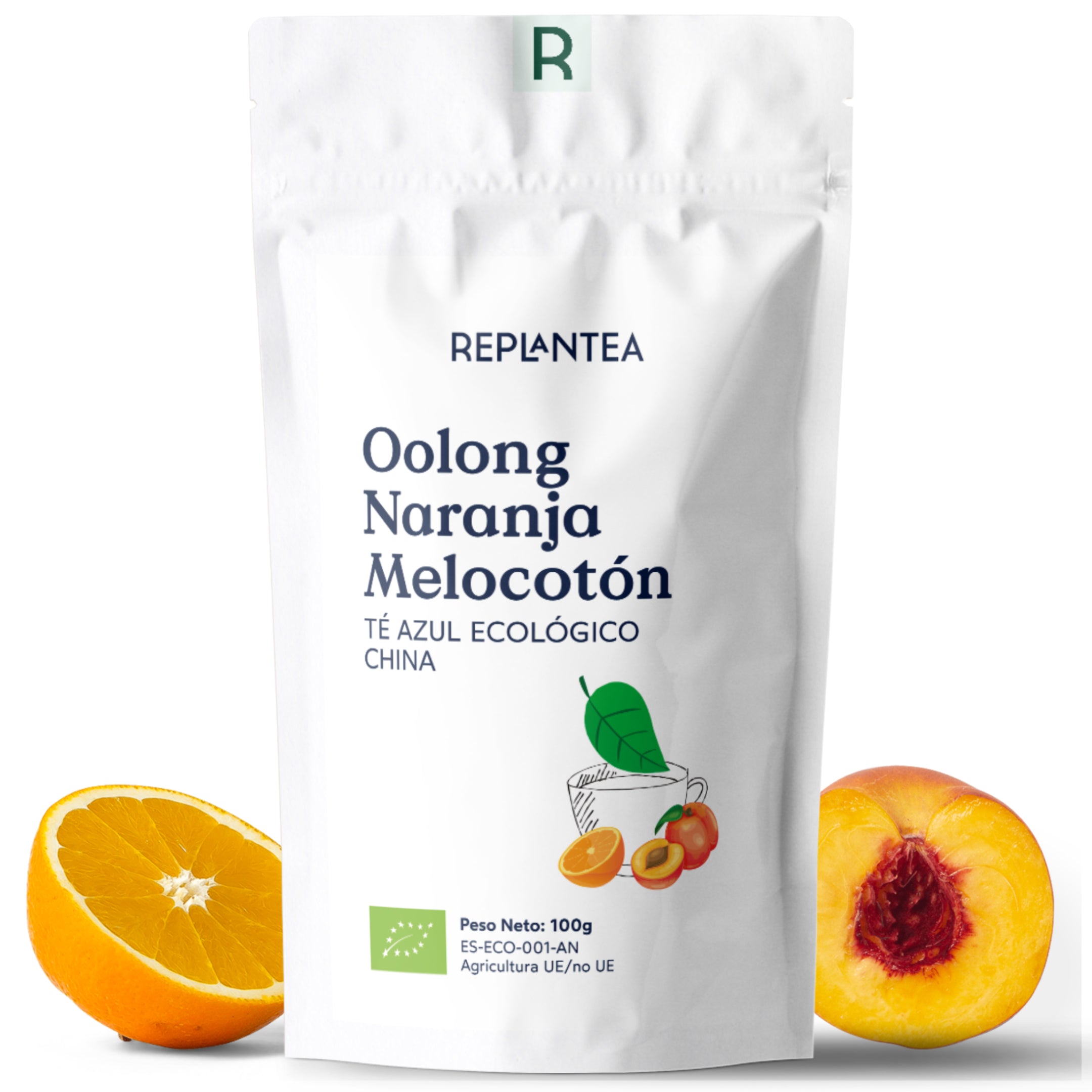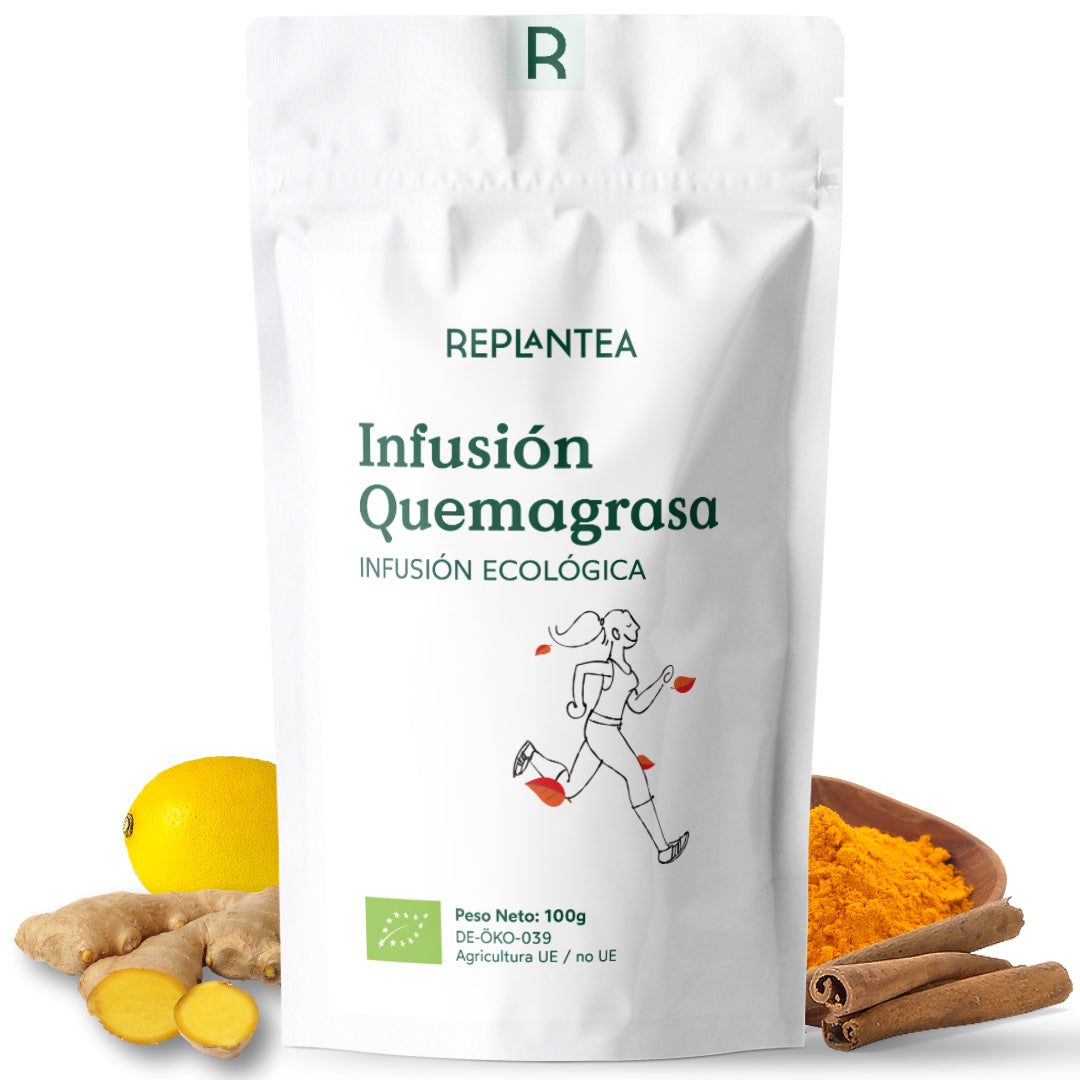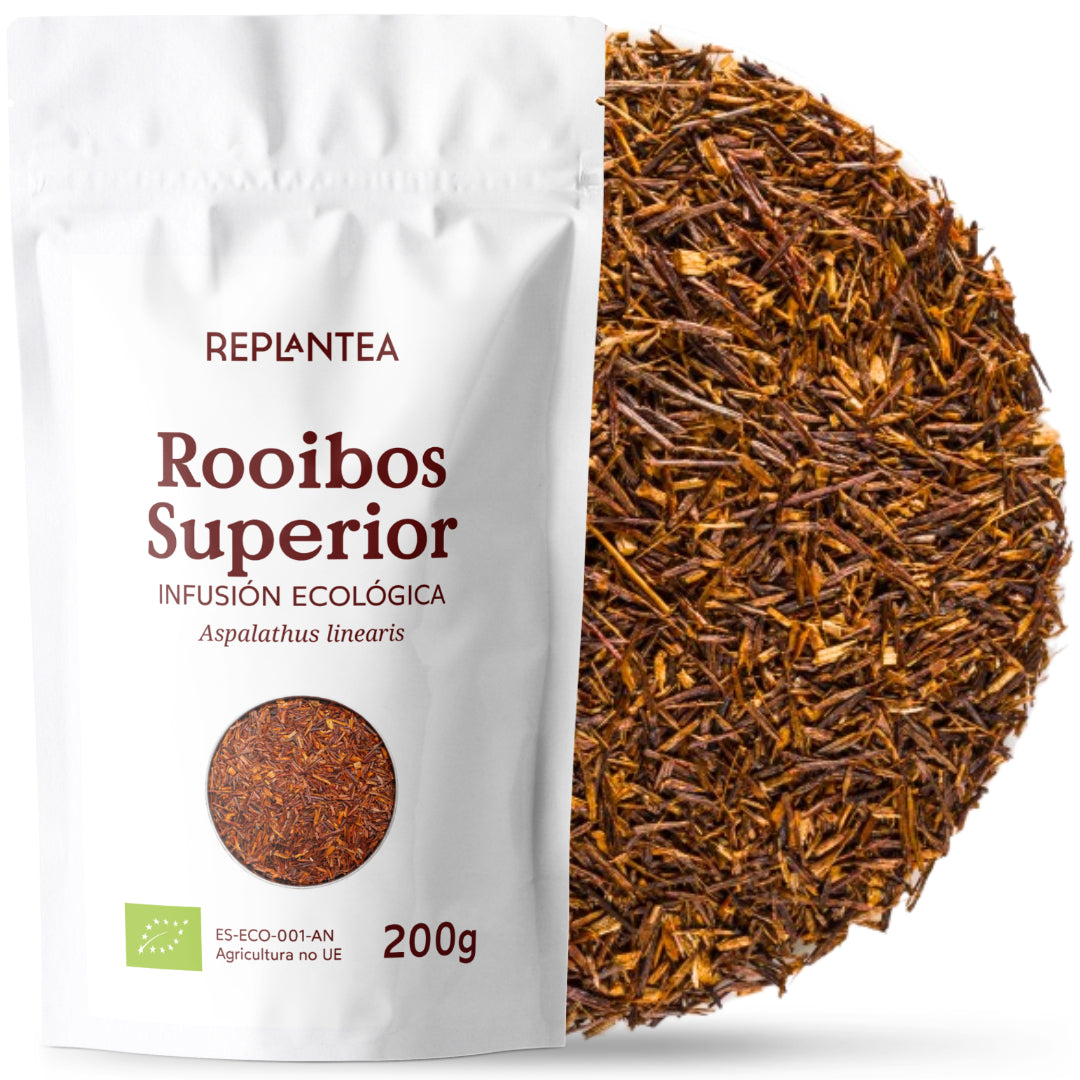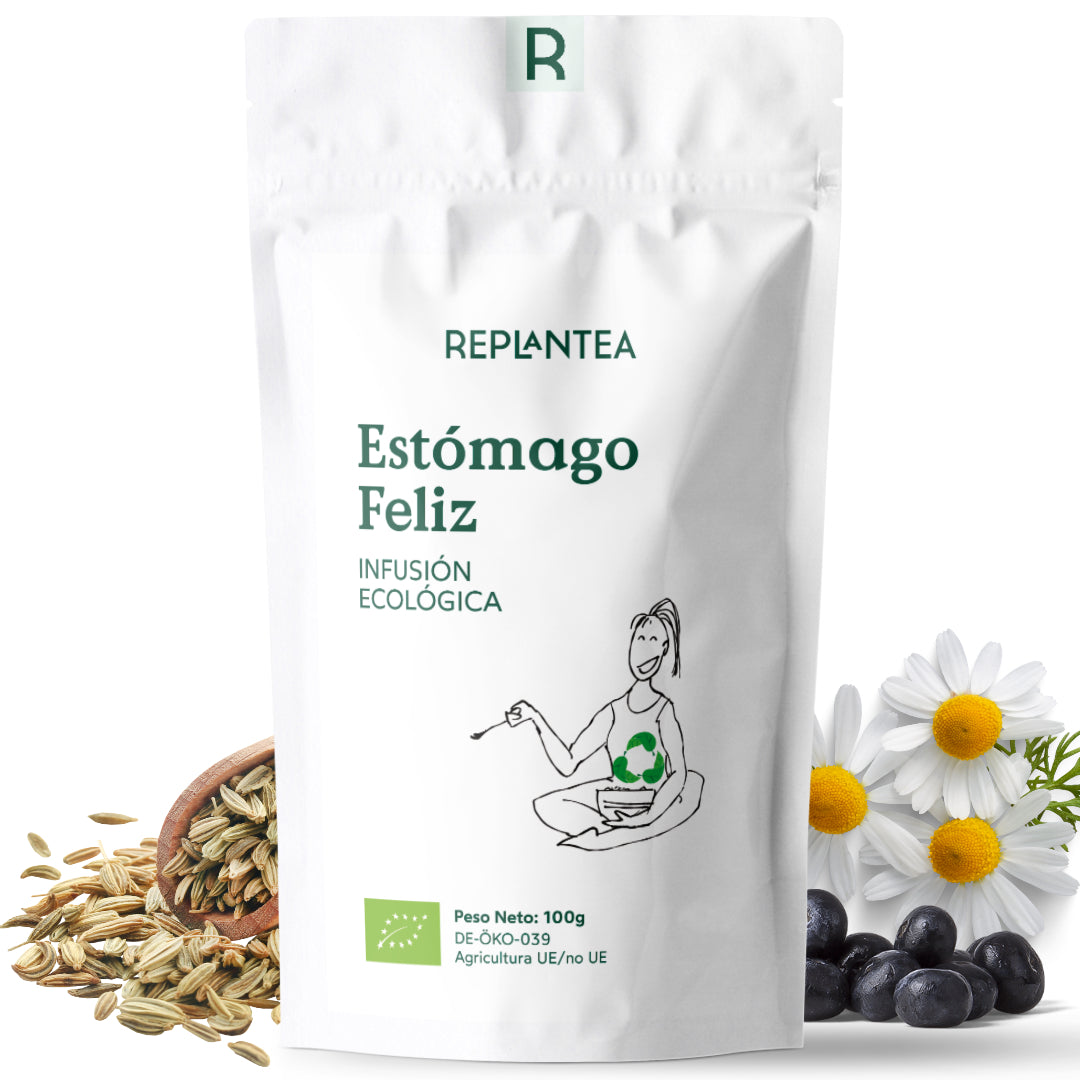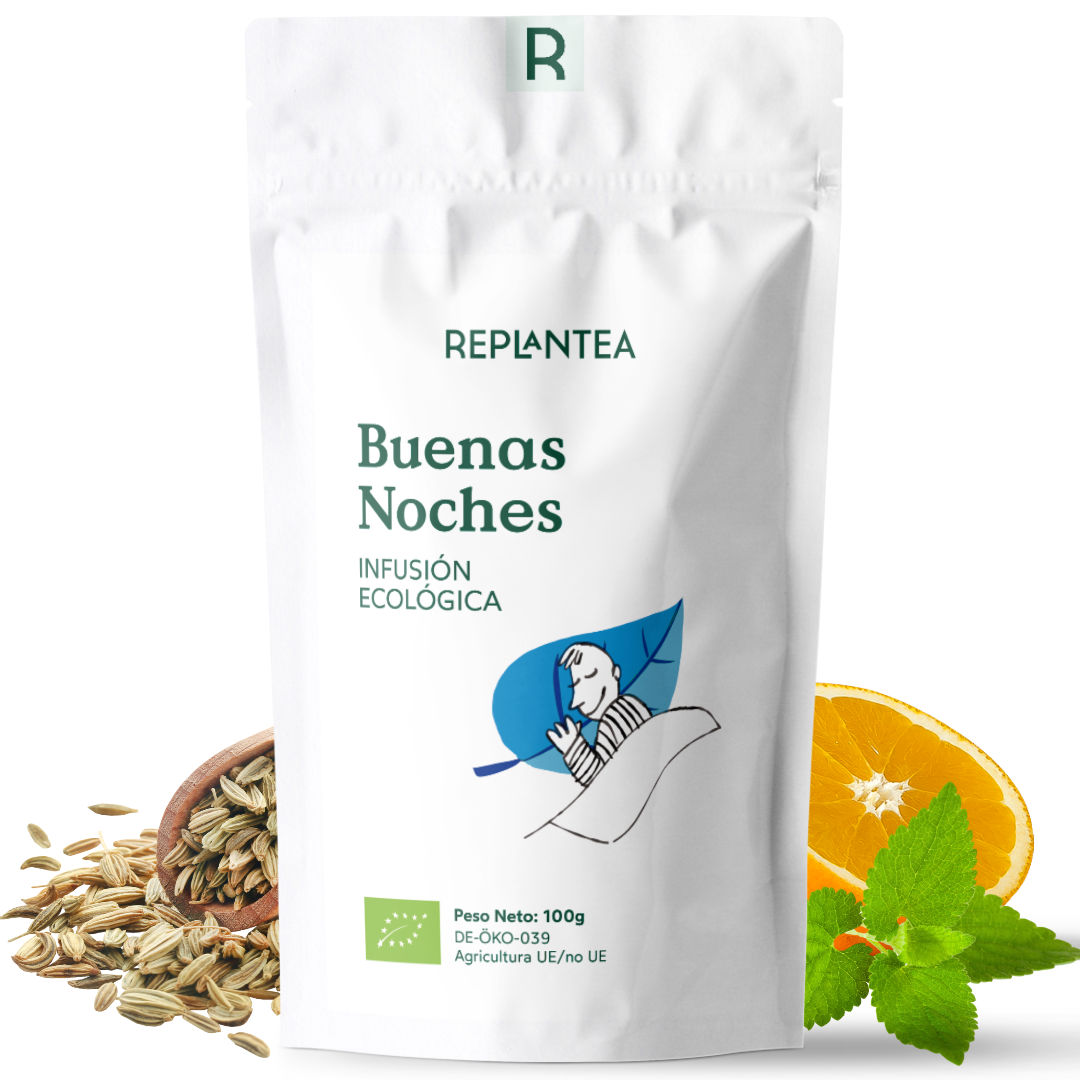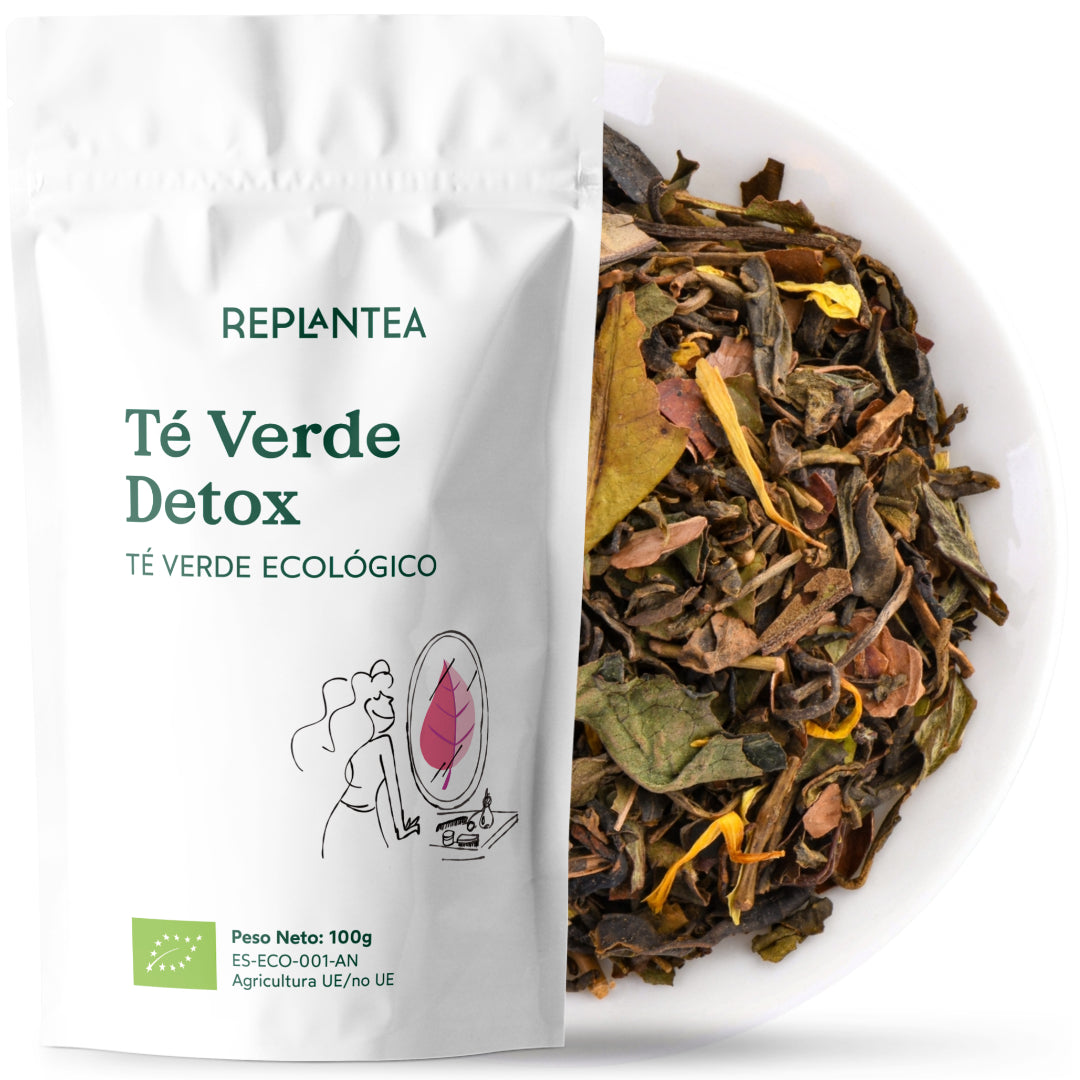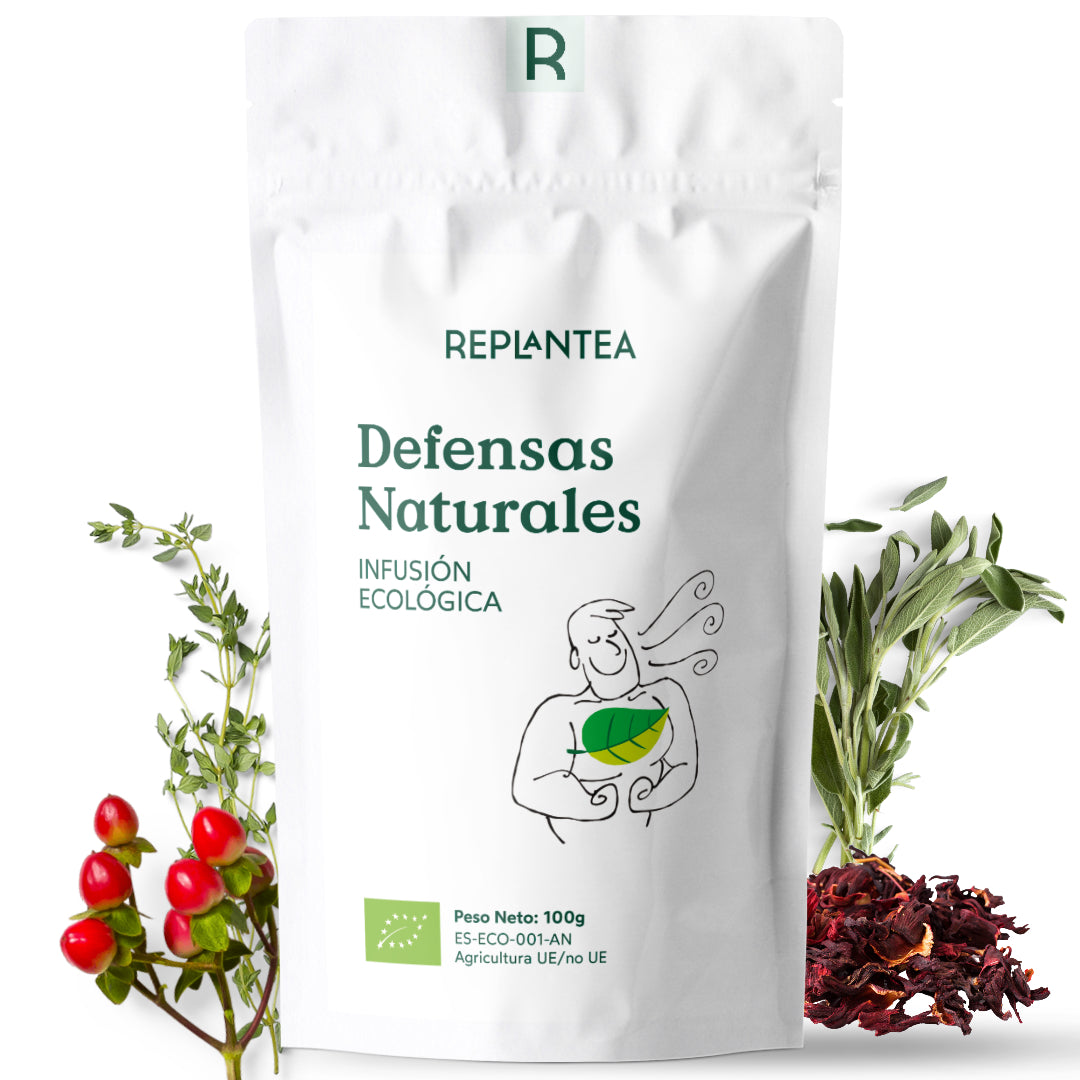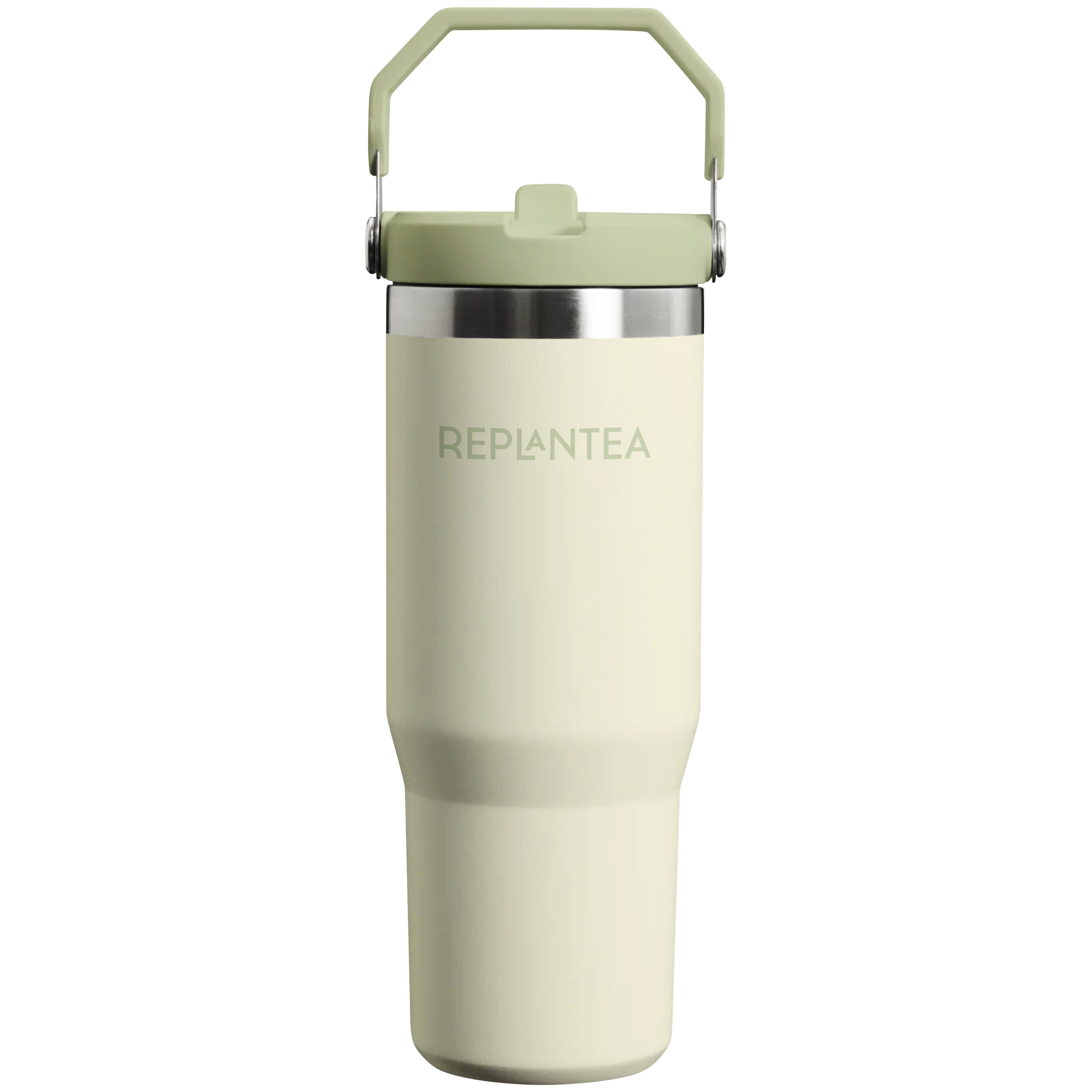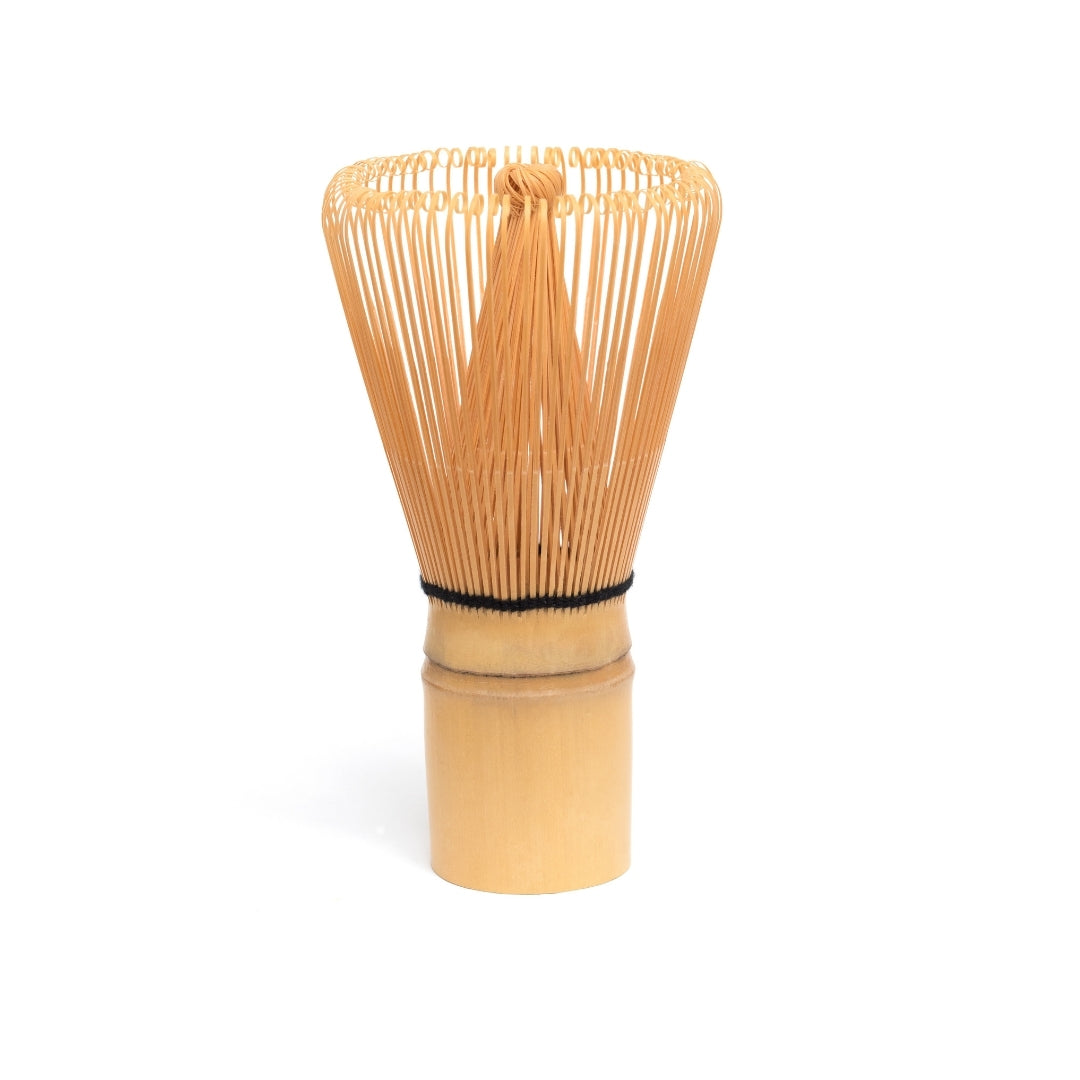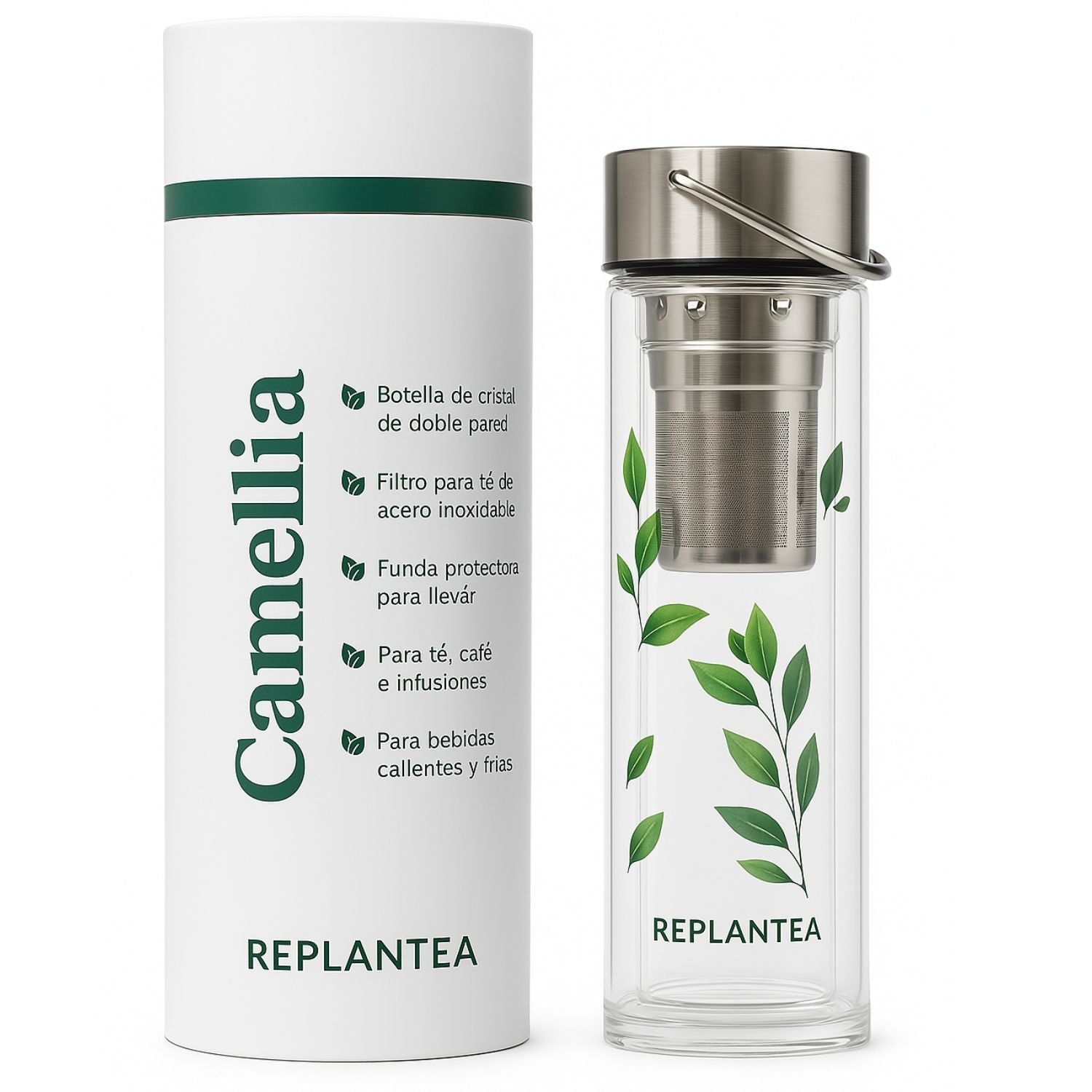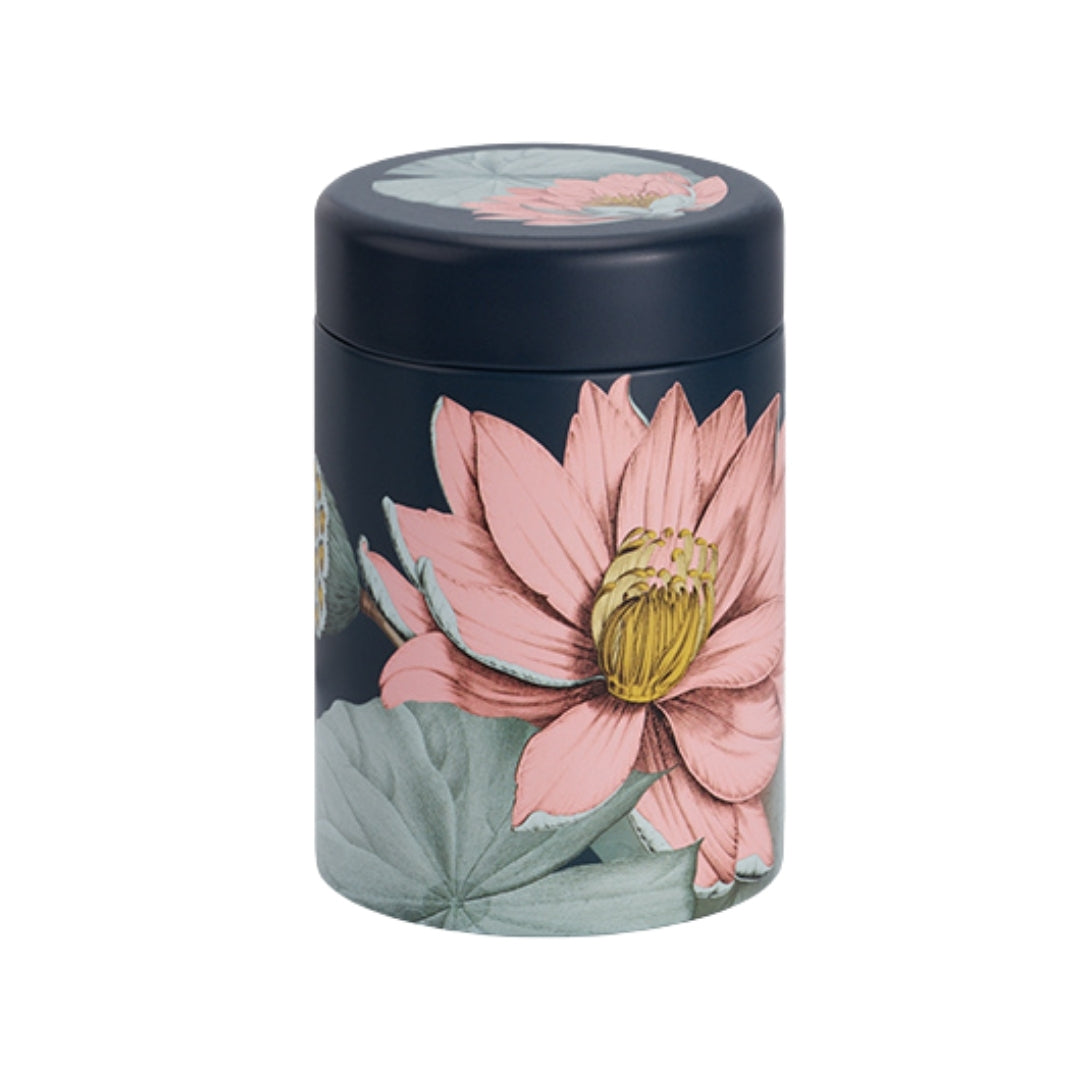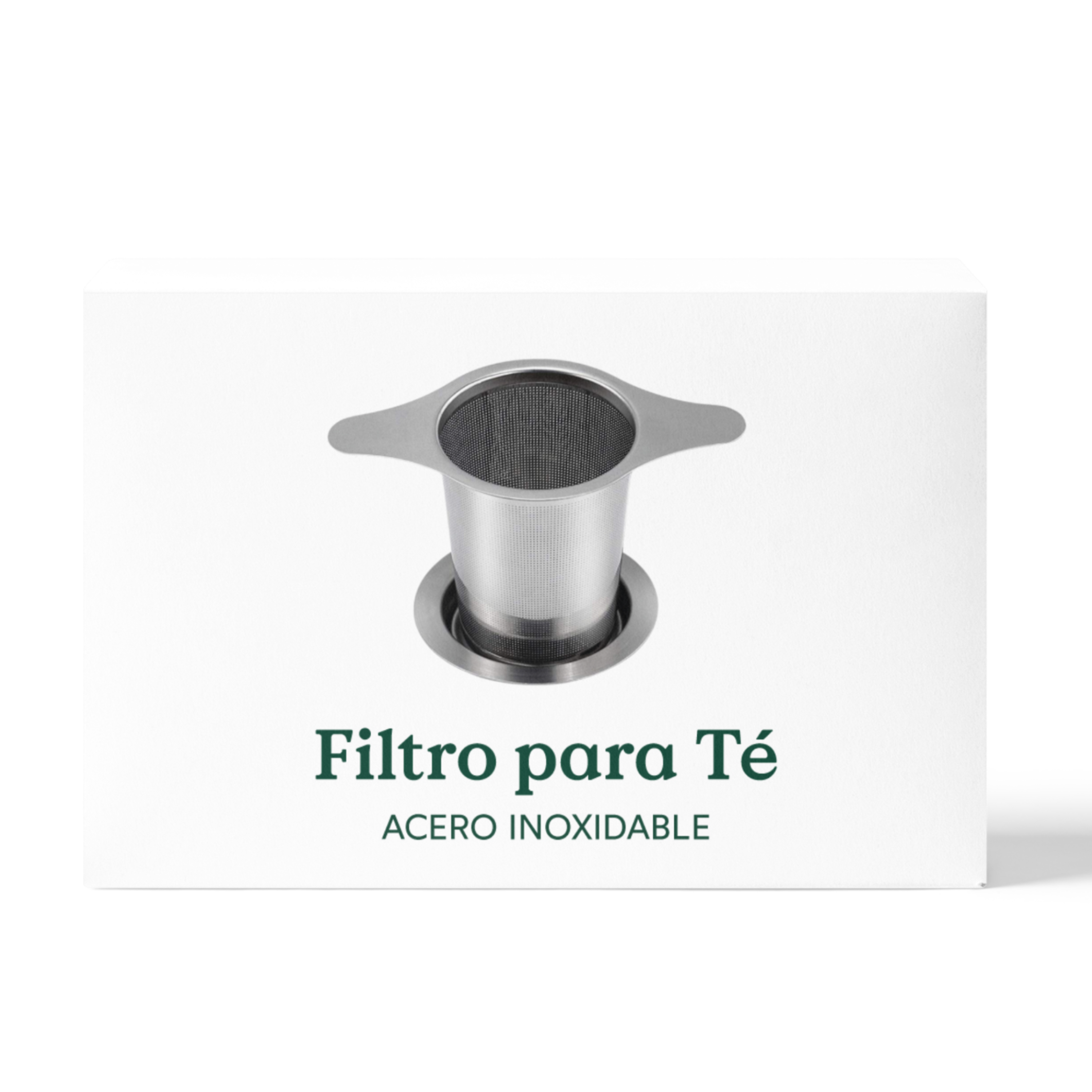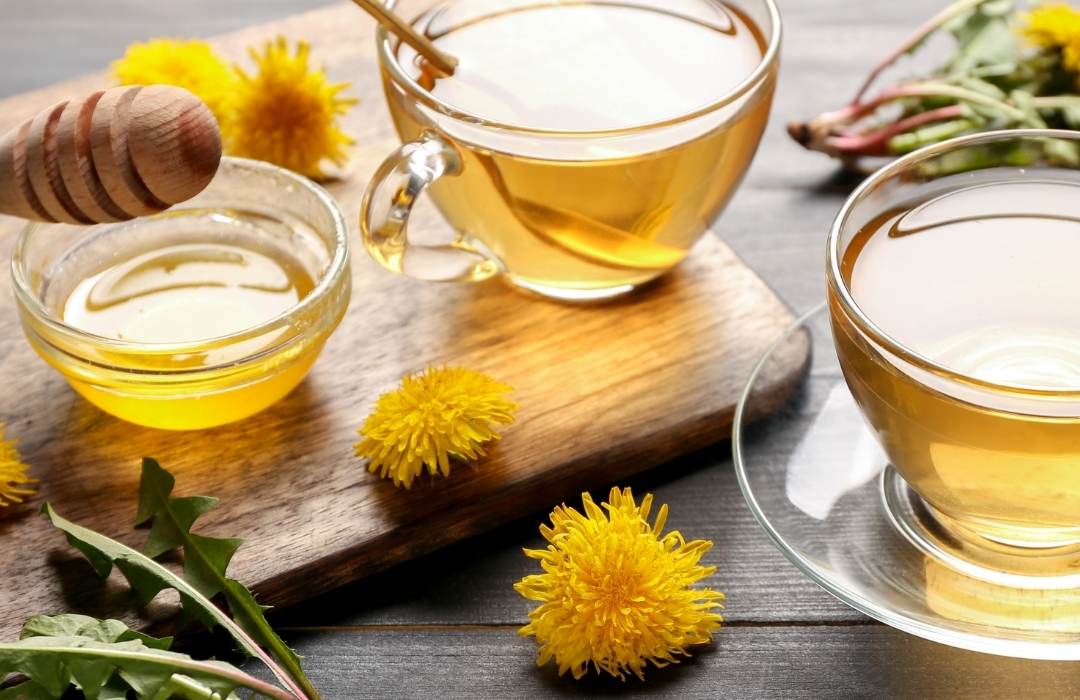
Dandelion Infusion Guide
What many people consider a pesky weed can actually be a healthy and delicious tea. Dandelions appear in gardens around the world every spring and last throughout the summer. Their vibrant yellow petals are easy to distinguish, and their seed pods are often used by children to make wishes.
We've put together a short guide to the benefits of dandelion tea so you can easily assess what it can do for you.

What is dandelion infusion?
Dandelion tea is a caffeine-free beverage made from the flowers, leaves, or roots of the dandelion plant (Taraxacum officinale) in the daisy family. It has been used in various traditional medicines for over a thousand years, particularly for liver detoxification, kidney and digestive problems, toothaches, and even depression. Dandelion is easy to find, making it a very attractive home remedy.
Many consider it a weed, so it's often found growing wild in gardens or parks. Dandelion flowers and leaves are also eaten. The flowers can be eaten raw, steamed, or even fried. Roasted dandelion root is often used to make a coffee-like beverage without the caffeine.
Dandelion infusion flavor
Dandelion tea will have a different flavor depending on the part of the plant used to prepare it. Dandelion tea prepared with petals has a delicate and sweet flavor. Roasted dandelion root has a more intense flavor with smoky and toasty notes that combine with a robust flavor. Dandelion leaf tea offers an earthy, herbaceous flavor that can have astringent notes.
Benefits of dandelion infusion
All parts of the dandelion plant can provide numerous health benefits, but the most beneficial are the leaves and roots. Dandelion flowers may provide antioxidant activity, while the leaves and roots are often used for urinary and digestive problems.
1. Helps in digestion
Drinking dandelion tea can help calm the digestive system. In herbal medicine, dandelion has been used to treat nausea and digestive ailments, such as upset stomach and stomach cramps. Experts believe that dandelion's anti-inflammatory properties are responsible for reducing pain and soothing irritated stomach muscles.
Drinking dandelion tea can also help improve liver function, prevent liver disease, and speed up digestion. Research shows that dandelion can help increase bile flow, helping the body break down food into nutrients more easily.
At Replantea you can find the Happy Stomach Organic Infusion , which in addition to dandelion, contains other natural ingredients to help improve digestion and relieve stomach upset, such as green rooibos, chamomile, cranberry, mint, and fennel.
2. Prevents fluid retention
Dandelion tea is a calorie-free drink, making it a great substitute for sugary drinks that can pack on the pounds. Plus, it's tastier than water, so you're more likely to drink it and stay hydrated.
Dandelion tea is a natural diuretic, meaning it can help eliminate fluids from the body. The natural diuretic effect helps detoxify the body and eliminate toxins through urine. These effects can help treat or relieve symptoms associated with urinary tract infections. While this doesn't equate to long-term weight loss, it can help with temporary weight loss by reducing bloating and acting as a mild laxative.
Most diuretics cause a loss of potassium in the body, whereas dandelion tea helps restore it. This unique property makes dandelion the ideal herbal remedy for fluid retention in the hands, ankles, feet, and calves.
RELATED INFORMATION
3. Fights infections
Dandelion tea can help fight infections and strengthen the immune system thanks to the vitamins, minerals, and antioxidants present in the leaves. Antioxidants are powerful compounds that can help eliminate free radicals.
Free radicals are highly damaging compounds that disrupt normal cellular processes. These agents have been linked to a number of ailments, including heart disease, certain types of cancer, and signs of aging. Antioxidants work to eliminate these free radicals from the human body to prevent oxidative stress, the process that breaks down cells.
4. Improves heart health
Dandelion tea may be beneficial for heart health thanks to its natural anti-inflammatory properties. Dandelion works gently to reduce inflammation, which can improve blood circulation. This can help lower high blood pressure and prevent the risk of serious heart conditions, such as blood clots and heart attacks.
5. Helps in the treatment of diabetes
Diabetes is a disease that affects millions of people worldwide. It is typically characterized by decreased insulin production or tolerance. A scientific study examined the effects of dandelion on diabetes. Researchers found that dandelion helped modulate blood sugar levels and improved insulin tolerance.
6. High vitamin content
Dandelion leaves contain vitamins A and K, and minerals beneficial to human health. Vitamin A is beneficial for vision, the immune system, and healthy cell growth. Known as a retinoid, it is also beneficial for skin health and premature aging. Vitamin K is responsible for several vital bodily processes. It is essential for blood clotting, calcium regulation, and bone health.
How to prepare dandelion infusion?
Any part of the dandelion plant can be used to make infusions: the flowers, the root, or the leaves. Dandelion root infusion, dandelion flower infusion, and dandelion leaf infusion are easy to find in herbalists and specialty stores, but you can also make them yourself if you have a plant on hand.
Infusions can be made from each part of the dandelion plant separately or mixed together. Dandelion leaves and flowers can also be mixed with other ingredients.
In general, dandelion tea should be prepared with boiling water. It's also best to prepare the infusion with loose leaves, fresh flowers, or dried roots rather than tea bags. Leaves and flowers should steep for 5 to 10 minutes, while roots should steep for 6 to 8 minutes.

Contraindications of dandelion infusion
Allergic reaction
If you are allergic to ragweed, you may also experience an allergic reaction to dandelion tea. Avoid drinking this tea if you are allergic to the dandelion plant or other related plants, such as daisies and chrysanthemums. Stop drinking immediately and contact a healthcare professional if you experience symptoms such as a rash, difficulty breathing, and a sore throat.
Interaction with medications
Dandelion may inhibit the absorption of certain antibiotics, thus decreasing their effectiveness. Consult your doctor before taking dandelion if you are taking antibiotics. People with kidney problems or taking medications for kidney-related conditions should consult a doctor or nutritionist before consuming dandelion tea.
Dandelion may also interfere with some diuretic medications and cause other side effects. The main thing to consider is the potassium content. Some diuretic medications contain potassium, which, when taken with dandelion tea, can reach unhealthy levels in the human body. Always consult your doctor before using medicinal herbs or teas if you are taking any medication.

